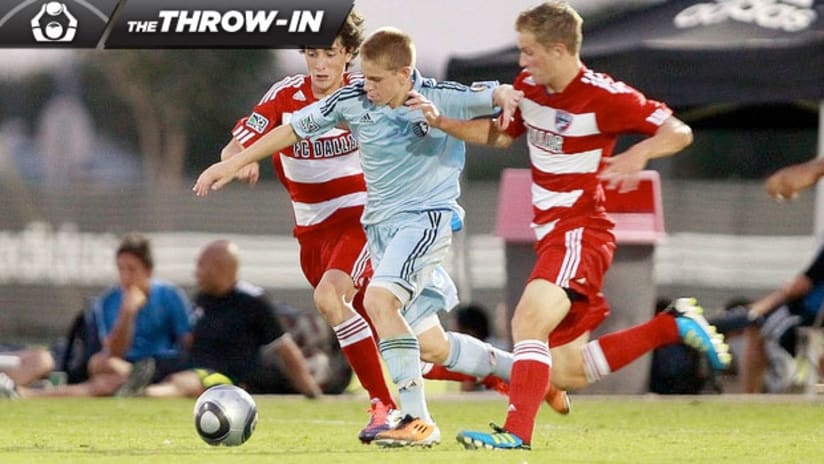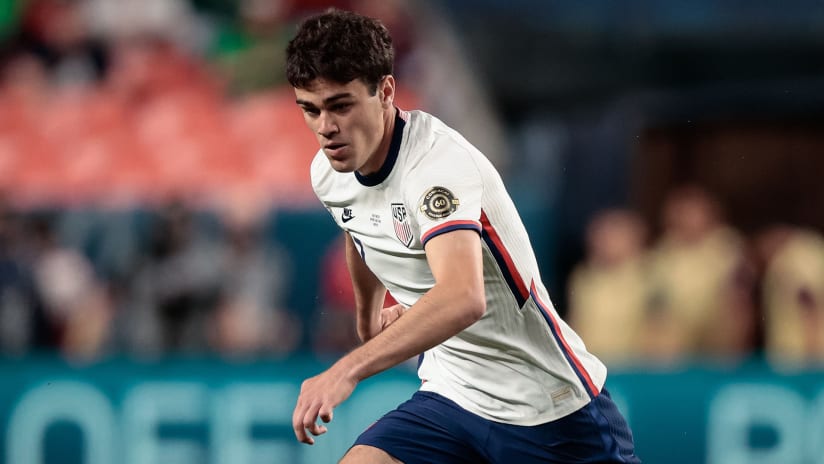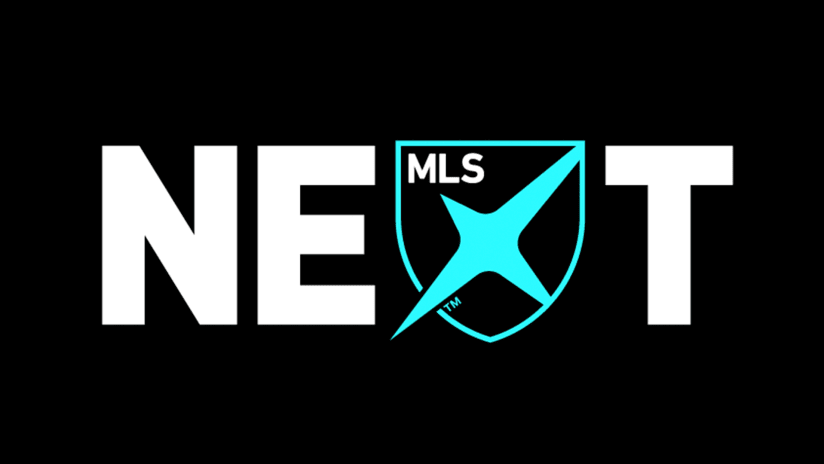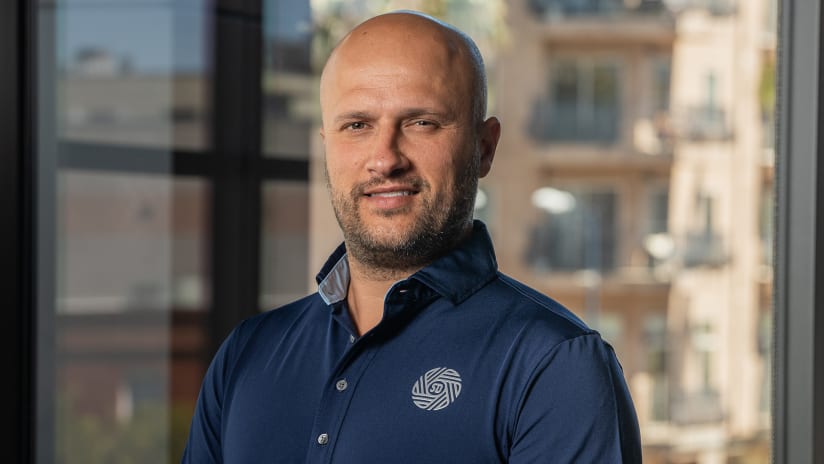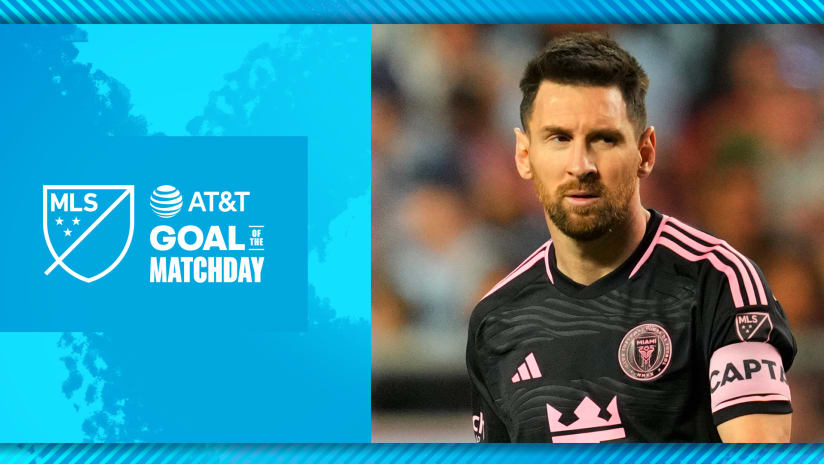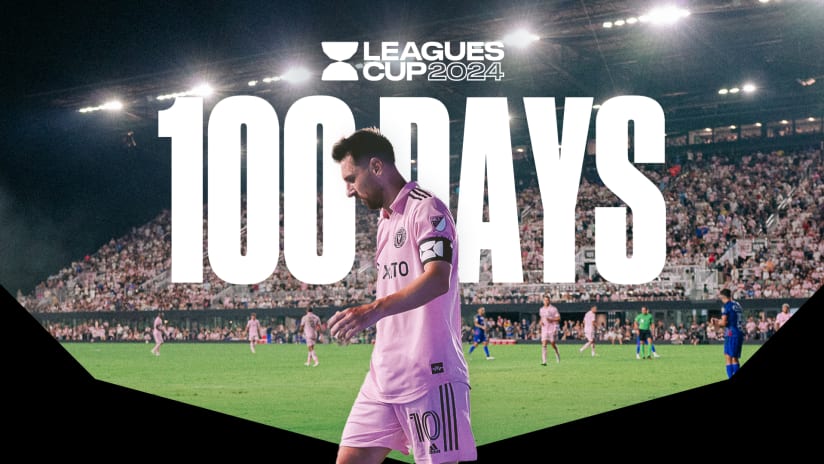In the immediate aftermath of Chelsea’s stunning scalp of Barcelona in the Champions League semifinals, Twitter exploded like a potato in the microwave. It was fun to watch soccer taking up as many as half of the trending topics in a number of cities around the US and Canada.
But among all the witticisms and immediate critiques of armchair managers, one tweet in particular stood out to me as we all marveled at the supposed death of tika-taka. It was this one by Alecko Eskandarian:
Cue the mixture of LOLs and angry reactions at the longtime MLS forward turned Philadelphia Union youth technical director, too. Most of us chuckled, because we knew he wasn’t completely serious. But the point was well made.
“I said it in jest, of course,” Eskandarian told MLSsoccer.com by phone on Wednesday evening, before channeling his inner Eminem. “But a lot of truth is said in jest.”
What Esky was touching on is an interesting commentary on pop culture’s love affair with the Barça Way. The fact that Barcelona’s ridiculous trophy haul over the past several years has corresponded with an explosion of soccer popularity in the US is no coincidence.
Americans love winners, of course, and when they’re able to watch Barcelona playing the Beautiful Game in the way it’s meant to be played, it’s not hard to fall in love with what the Blaugrana did. And with Lionel Messi & Co. plastered all over the place – from TVs to video games to billboards – it’s a love affair that permeates footballing culture on these shores.
“Sports culture in the US is so results-based,” Eskandarian explained. “If Kobe Bryant wins a championship, everyone loves Kobe Bryant. For me, Barcelona winning has been awesome for youth in this country because they’re a team that plays the ‘right way’ – kids see them play that way and they’re champions. That trickles down. I think they’ve been a great example for our sport.”
And of course, who wouldn’t want to emulate the Barça Way? Fluid passing, an emphasis on ball movement, patient build-ups and a system where everyone on the pitch finds a way to get involved in a scoring play. It’s a modern variation on Dutch Total Football that has helped Barcelona win 13 trophies over the past three years.
The problem, of course, is that there isn’t a single talent pipeline in this country like Barcelona’s famed La Masia. We aren’t pumping out Messis, Xavis and Iniestas like it’s orange season in Central Florida. Our players don’t have the gifts cultivated the right way from childhood, and the culture of football is nowhere near what it is in Spain.
That’s made worse by uneducated “soccer dads” in this country, says Eskandarian, who don’t have a soccer background and simply try to put into play what they see on TV.
“To me, it’s so imperative that our kids are learning to play the right way,” Eskandarian continued. “That’s our weakness as a country and as a national team. Compared to other countries, we’re fine on the physical end, and we usually can match them tactically. But it’s some of philosophy of soccer – knowing what to do off the ball, being good in front of net, being creative – that’s what we lack.”
So was Tuesday’s shocking result a setback for development in this country? Not really. Full credit to Roberto Di Matteo for figuring out how to incapacitate Barcelona twice, something that has rarely happened during Pep Guardiola’s tenure at the Camp Nou. It does not expose a massive hole in Barça’s free-flowing soccer (though it may remind everyone you’ve still got to play defense).
But in Eskandarian’s view, it’s that less cultured soccer-dad coach who may overreact to the success of Chelsea’s bunker-in philosophy.
“I know all educated coaches won’t try to do that,” he said. “But unfortunately, soccer dads in this country who haven’t played, dads who volunteer to coach see that game and say, ‘See? I knew it – if we pack it in, we’ll win.’ That’s my worst nightmare as a youth technical director.”
Eskandarian’s job with the Union calls for him to help create a curriculum for all of the club’s youth teams, much like Claudio Reyna has done at the US Soccer level. And as the Union fall under the umbrella of 78 clubs in the USSF Development Academy system, that top-down approach trickles down.
Some of that is a glorious dream of one day playing like Barcelona. But that shouldn’t be the only example.
We can learn a bit about how Chelsea neutralized them, too. We can glean a bit from how Bayern Munich knocked out Real Madrid with an emphasis on wing play and an interchangeable midfield. Or how a traditional 4-4-2 still works just fine, everywhere from Craven Cottage to BBVA Compass Stadium.
“I like that we’re trying to emulate the styles of these big foreign clubs,” Eskandarian agreed. “But I’m pro-American. I want our own style. The great thing about our country is that it’s so eclectic with so many different backgrounds. My vision of how we should play is that we have to take bits and pieces and make that style our own.”
Jonah Freedman is the managing editor of MLSsoccer.com. “The Throw-In” appears every Thursday.

